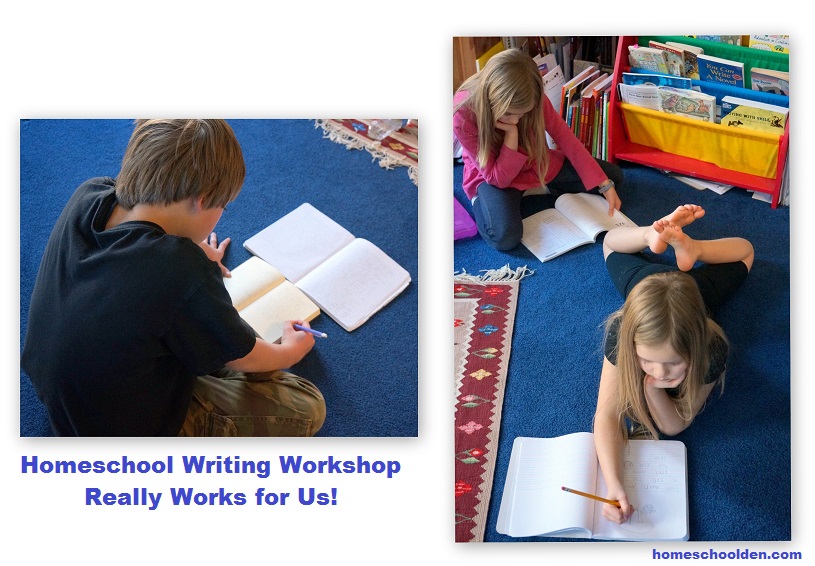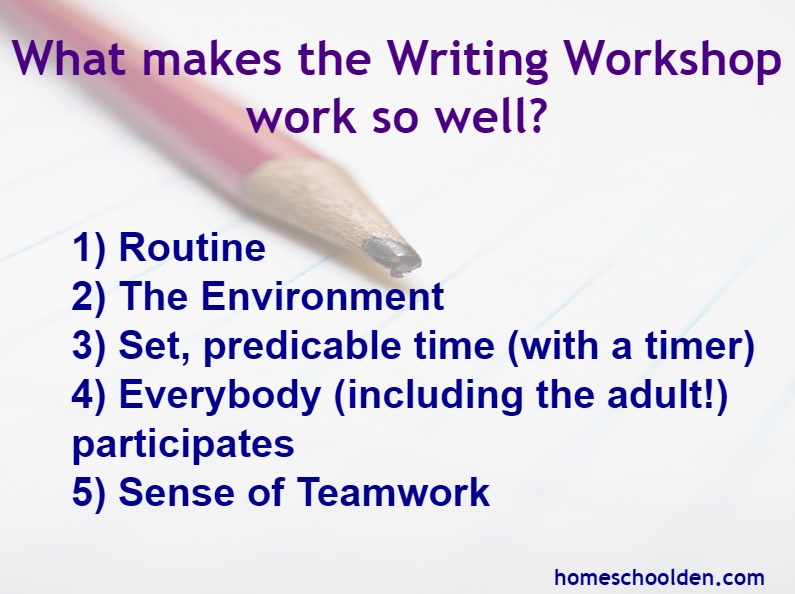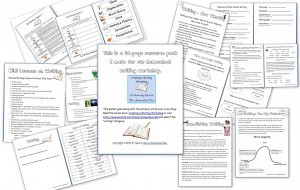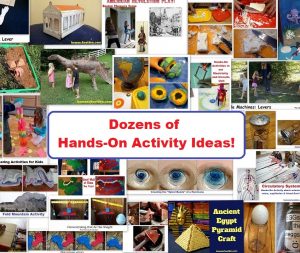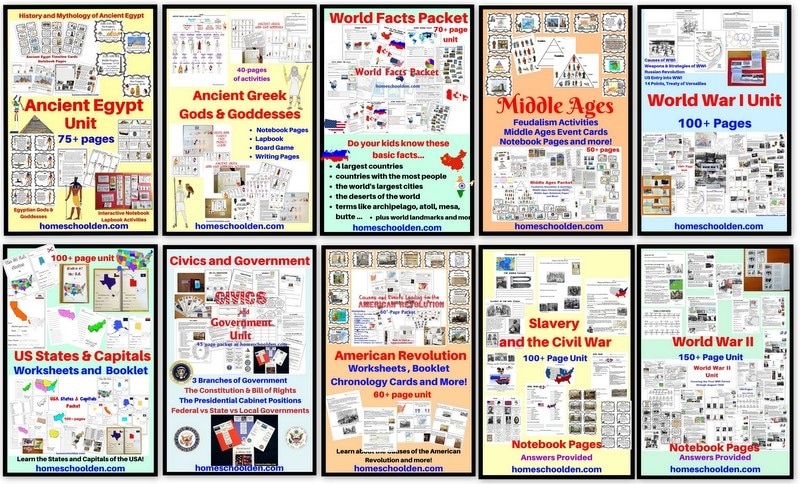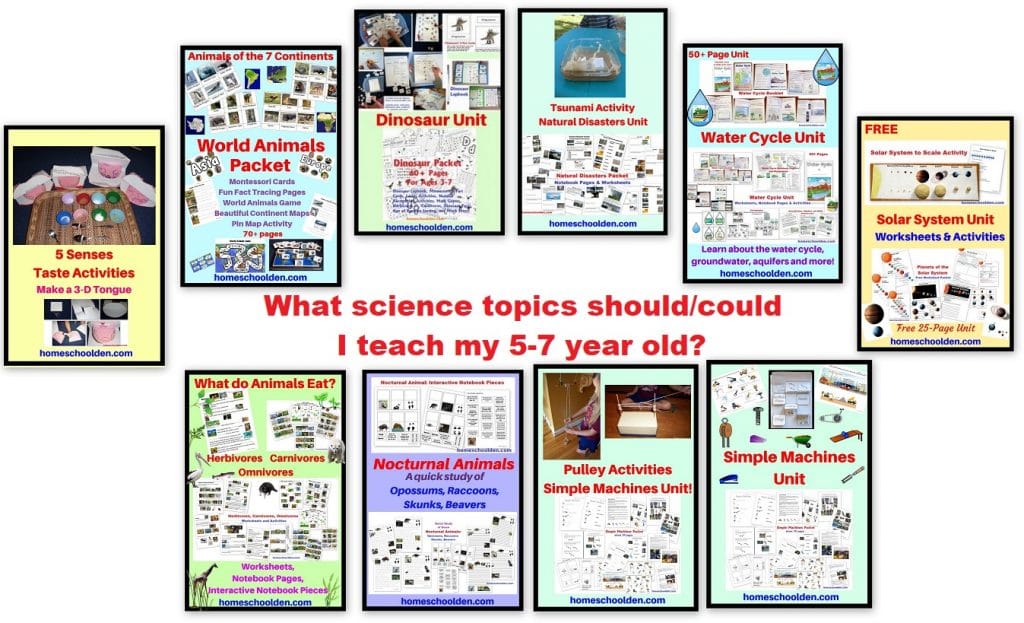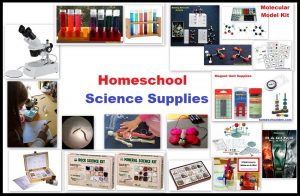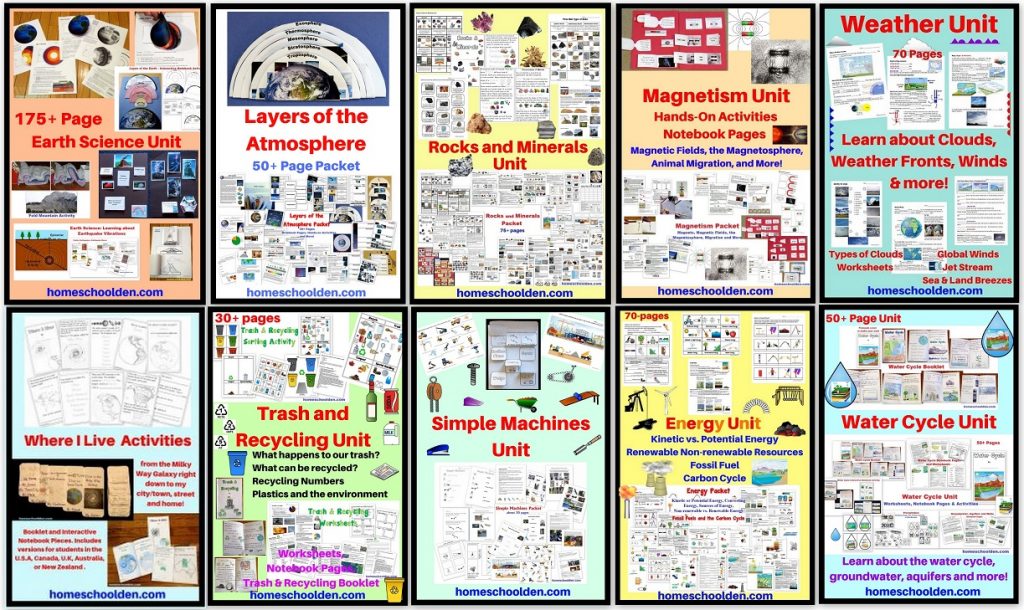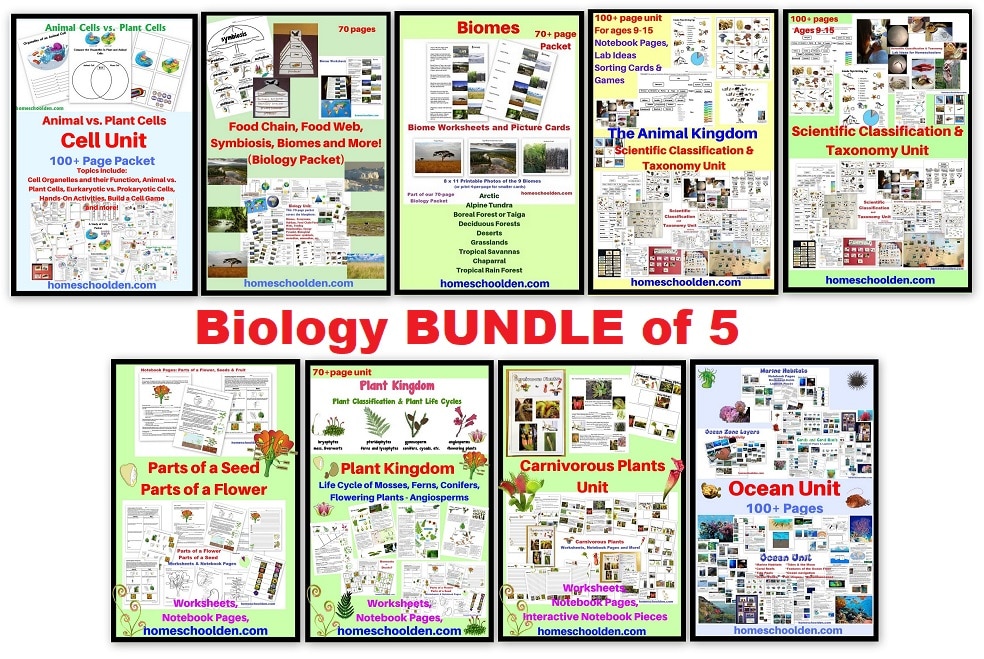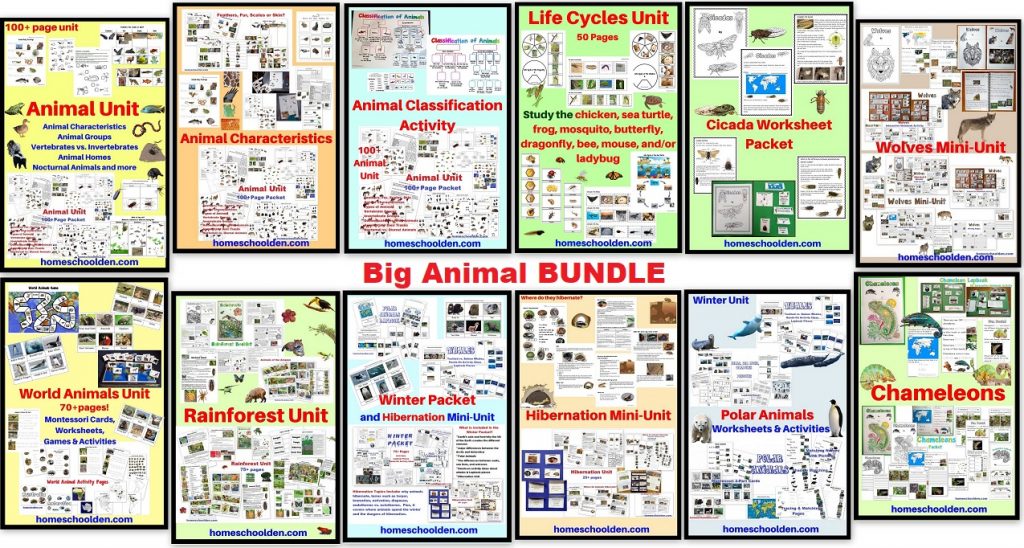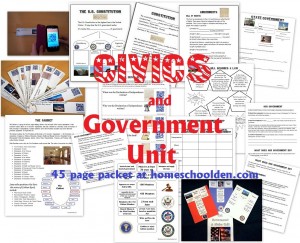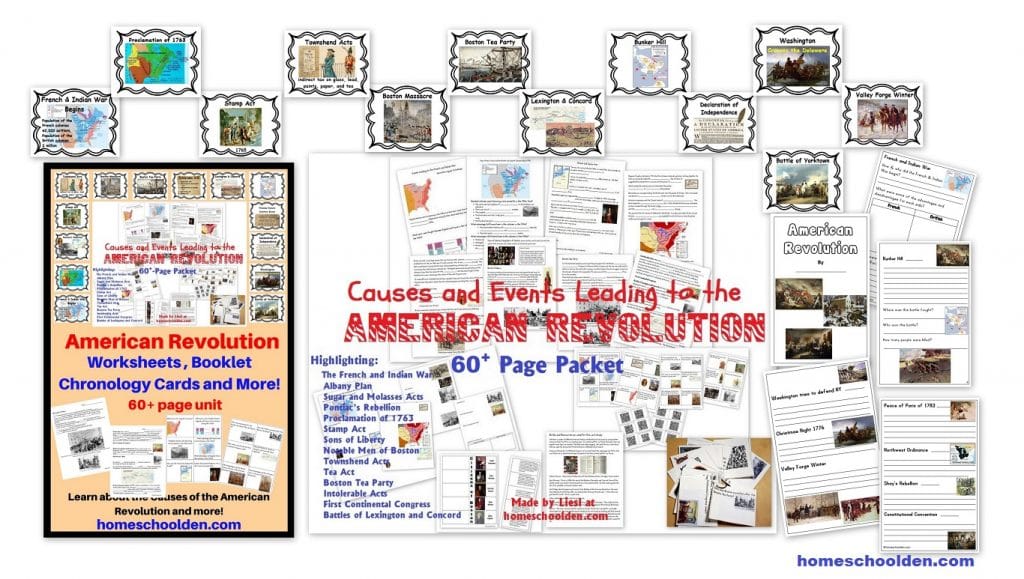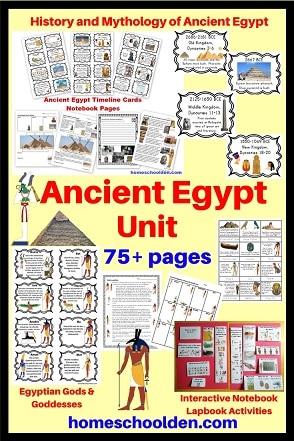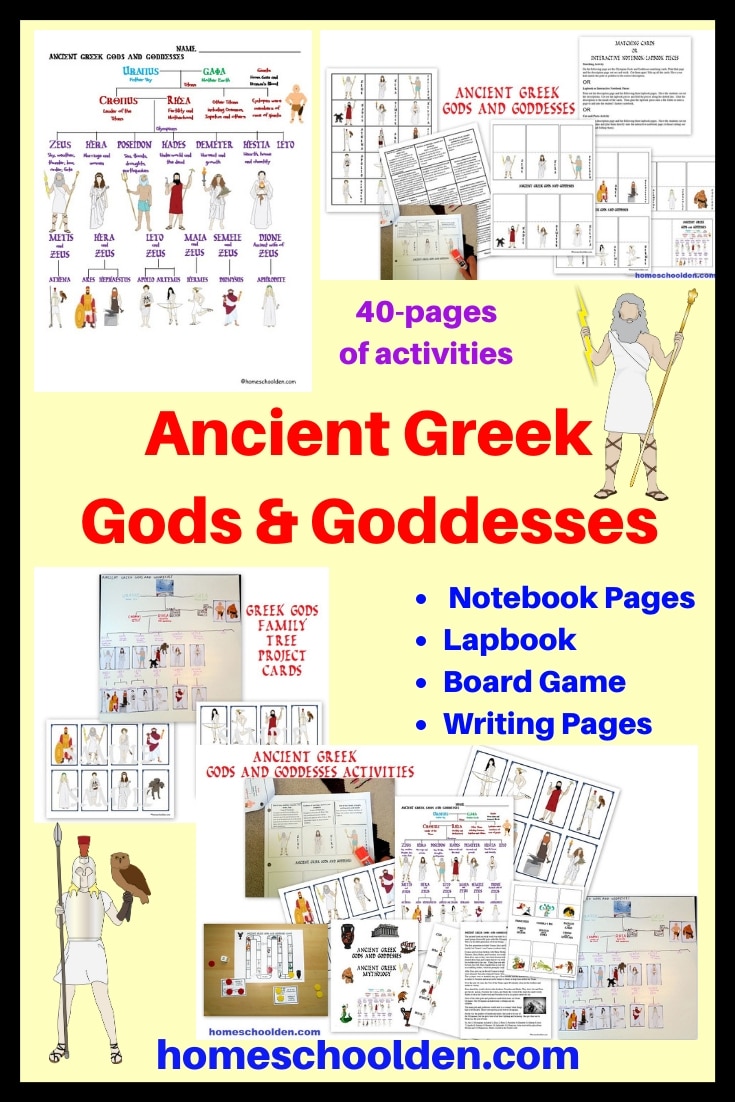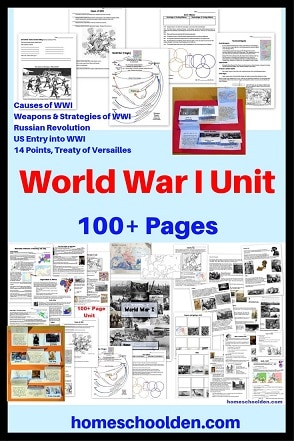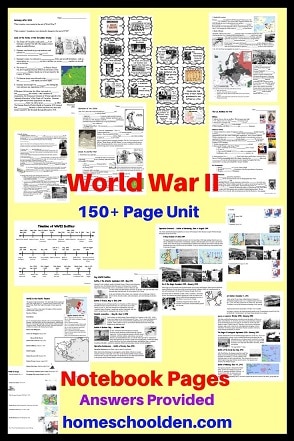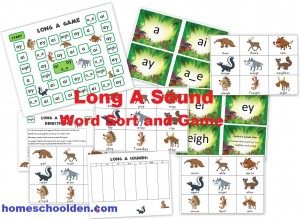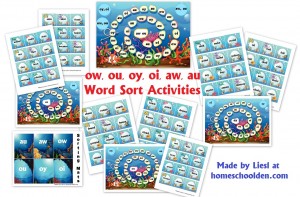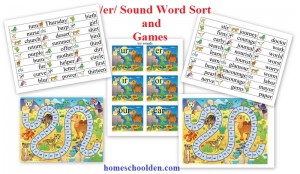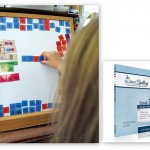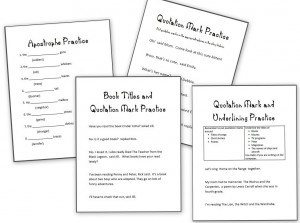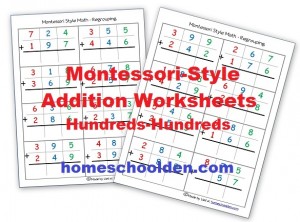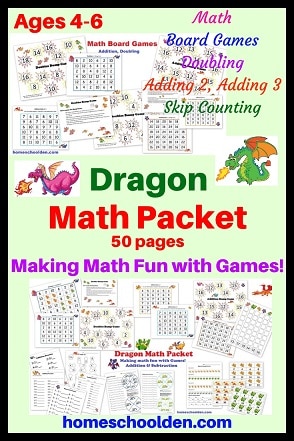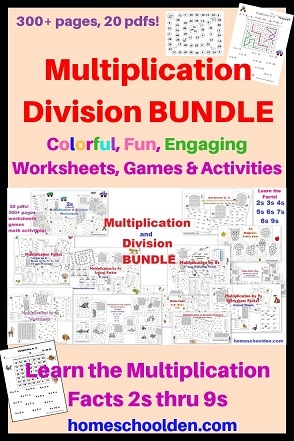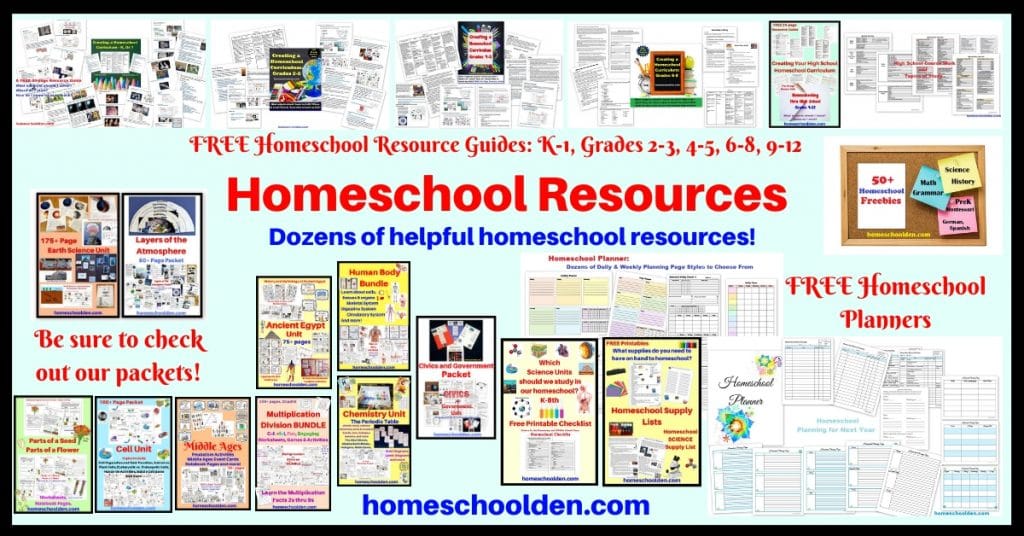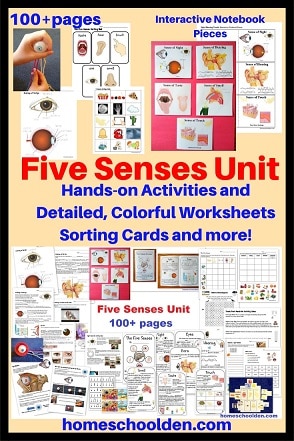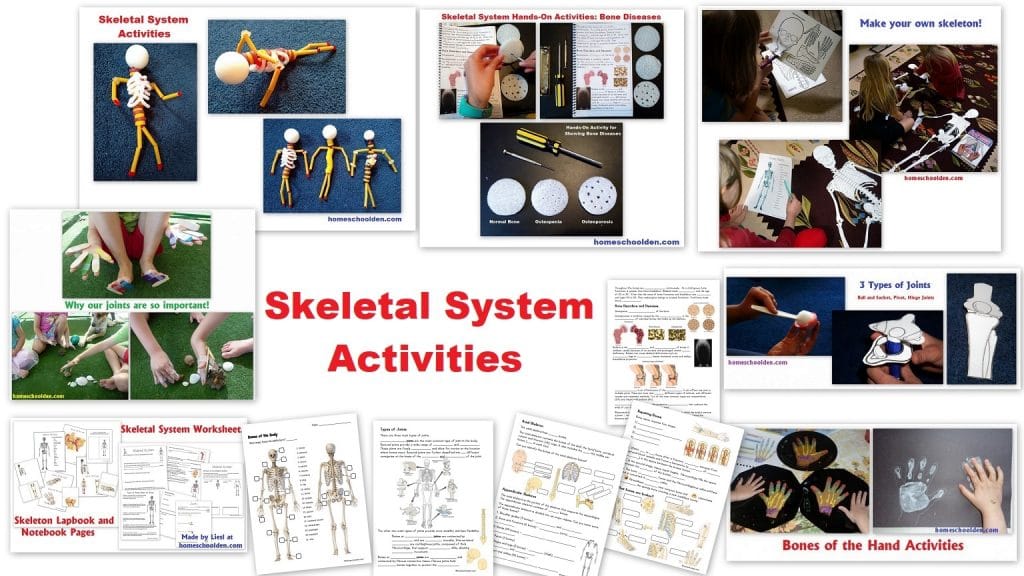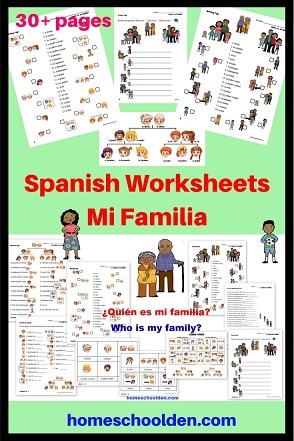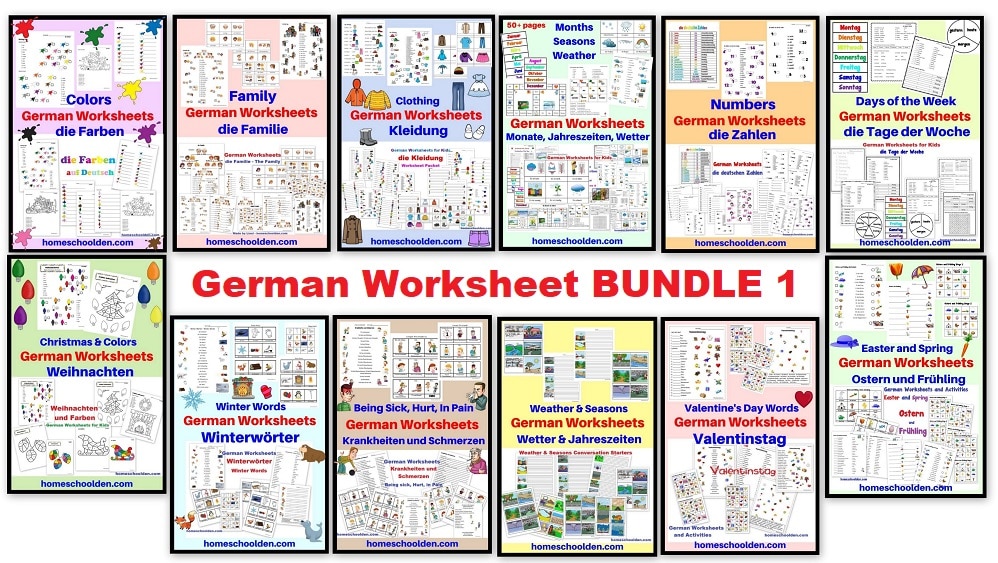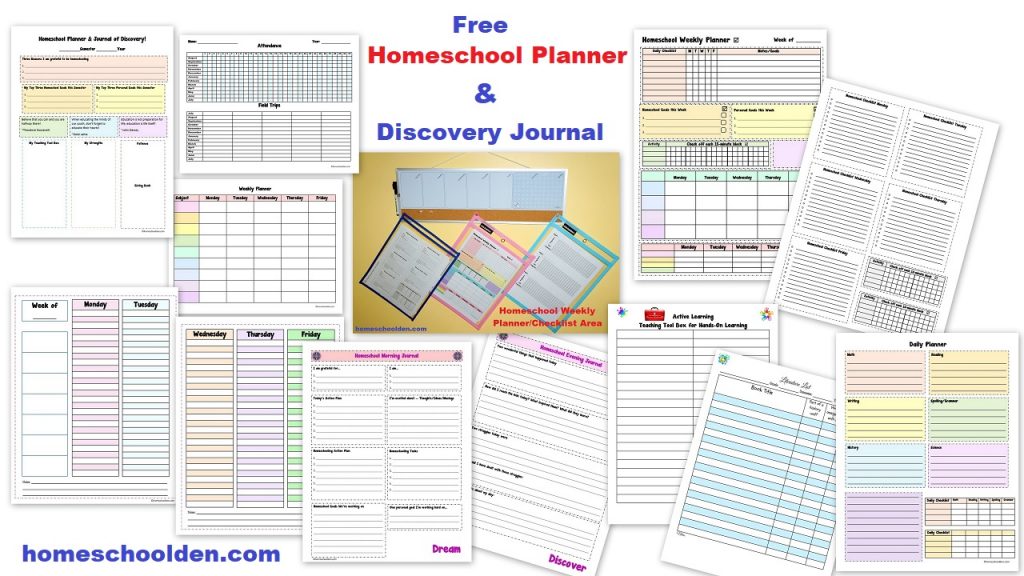Back into the Routine – Writing Workshop Rules!
We had our first day back on Monday and it really went well. The engineering activities I mentioned in the post on Monday morning were a HUGE hit and those activities will definitely be fun to share with you, but for right now I really wanted to write about our Writing Workshop.
What I love and adore about our WW is that it virtually runs itself now. You would expect some hiccups with this being our first day back, but definitely not with that part of our day. When it was time, we gathered our timer, our books, journals and pencils and we all buckled down to work.
I set the timer for 10 minutes. That first ten minutes, we usually pull out one of our books about writing (like Writing Magic: Creating Stories that Fly; Spilling Ink: A Young Writer’s Handbook — affiliate links), but LD and ED just jumped right back into their writing projects. LD is currently rewriting a story he was working on before break. Meanwhile, ED continued on with a story about a raccoon and a dog who are having various adventures chapter by chapter. DD pulled out her current “go to” writing resource, Unjournaling: Daily Writing Exercises That Are Not Personal, Not Introspective, Not Boring! (affiliate link). She poured through that and then wrote a number of tongue twisters.
Update: Fall 2015 — The kids now use literature books during this time for writing workshop. See more about that here: Language Arts Update: Literature, Spelling, Vocabulary and Grammar
Oh-and I forgot to add that as soon as the timer went off after that first 10 minutes, we re-set it for 25 minutes and continued working away. ED finished early and just waited quietly reading other books until it was time to share our writing. Since LD is in the middle of his story, he didn’t want to share, but the rest of us read what we had written aloud. I was careful to remind them to be good listeners by sitting up, looking at the reader, and being still and attentive. Well, that’s definitely written for my adult readers here… what I *really* said was, “and don’t bang on the floor or rock backwards looking at the ceiling…” looking pointedly at one of the kids with a smile!
The thing that is amazing to me is how focused we all were right off the bat – no fuss, just hard work right away. There’s good reason for that, though. We definitely created this framework together.
1) Routine — The way our Writing Workshop flows is predictable. As I mentioned above, we gather together and get our materials. We either read quietly for 10 minutes. Then we re-set the timer for another 25 minutes (it used to be 10, then 15, then 20… now usually 25-30 minutes of active writing time). Finally, we share our writing… if we want to!
2) Environment — Over the days/months, I reinforce the kind of behavior we should have in a writing workshop. When we are writing, it’s important not to interrupt — even for spelling. (That still happens, but I make it very clear that *I* am writing too and that they are interrupting my train of thought. I remind them to try to work it out on their own… though to be honest, sometimes it’s quicker and easier to just give them the spelling and move on). We’ve gone over (and over) some important characteristics of being a good student/professional. Early last semester we talked about looking people in the eye when they are talking. (I emphasized how important that was in Dad’s workplace too.) And how much better it looks when someone sits up straight while listening. We talked about listening well and not being a distraction, so the reader feels important and proud. I’ve really worked hard to make this be a team-effort where we all support one another. As for the days when one of us can’t think of anything to write, I suggest that they look at our Writing Workshop packet (which has ideas of what to do when you’re stumped) or suggest they grab one of the writing books for ideas. What they can’t do is groan or complain. I make it clear that even *I* have days when the writing doesn’t flow. But, I also make sure those days don’t follow one after another. I’ve written a lot more about this in other posts, so I’ll leave it at that for now! 🙂
3) Timer — I think having a timer that goes BEEP BEEP BEEP, really is an important part of our writing workshop. Why? There’s a beginning and an end. That was incredibly important for my reluctant writer in the beginning. And now that we write for such a long period (as far as my 6-year old goes), it’s important for her to see how long she has to read or sit quietly until it’s time to share.
4) I write daily too! — I think this is really key. I *never* rush off to answer the phone, check my email, put lunch on the table or any of the other myriad of chores that could interfere. Writing Workshop is really a cherished, uninterrupted time together. I am participating in the journey, filling notebook after notebook. They notice that I have struggles. They see that I am a learner too. I make mistakes, scribble things out, experiment, try my best, but sometimes fail. I get hung up or am generally not in the mood occasionally, but then come back excited, bursting with thoughts and ideas the next day!
5) Sense of Teamwork — Since all four of us sit down together, we have a special bond. We’ve noticed how much each of us has grown as a writer. We all cheer each other on when a piece of writing is especially good. We compliment each other. We try to figure out the writing riddles that the kids test out. We’re there with each other… and for each other along the way.
How and Why We Started Using a Homeschool Writing Workshop and Other Writing Workshop Resources on our Blog:
- Creating a Homeschool Writing Workshop – Post #1 — How/Why we needed a change in our writing program
- Creating a Homeschool Writing Workshop – Post #2: Creating a Writing Workshop Area and Materials to Have on Hand
- Creating a Writing Workshop Post #3: This post is about Mini-Lessons during writing time, mentor texts and includes reviews of 8 or 9 writing books that you might find helpful.
- Writing Resource Pack: This is a post about the 30-page pack I made for our writing workshop. Reference pages on the 6 +1 Wri ting Traits, Mini-Lessons, the types of writing, creating a powerful beginning, techniques for ending a story/paper, and so forth. (These writing resources are free to download.)
- 40 Journal Writing Prompts: Free Printable
Other Mini-Lessons to Use in a Writing Workshop (in any order):
- What makes a good book or story?
- Make your story come alive with details and description.
- Creating Interesting Characters
- Story Openings: Set the mood or feeling of your story
- Gathering story ideas from your own life
- Alliteration and more
- Adding Details Exercise (Don’t miss this one, the kids LOVED this activity!!)
- Writing Workshop: Conflict in Literature (Man vs. Man, Man vs. Self, etc)
- Writing Workshop Discussion Questions
- Writing Workshop Mini-Lesson: Rules for Writing and the Story Writing Process
- Writing Scary Stories
Do you use a writing workshop in your homeschool? I’d love to hear about it over at our Homeschool Den Facebook page.
Have a great day! ~Liesl
Disclosure: Please note that some of the links in this post are affiliate links, and at no additional cost to you, I will earn a commission if you decide to make a purchase.
